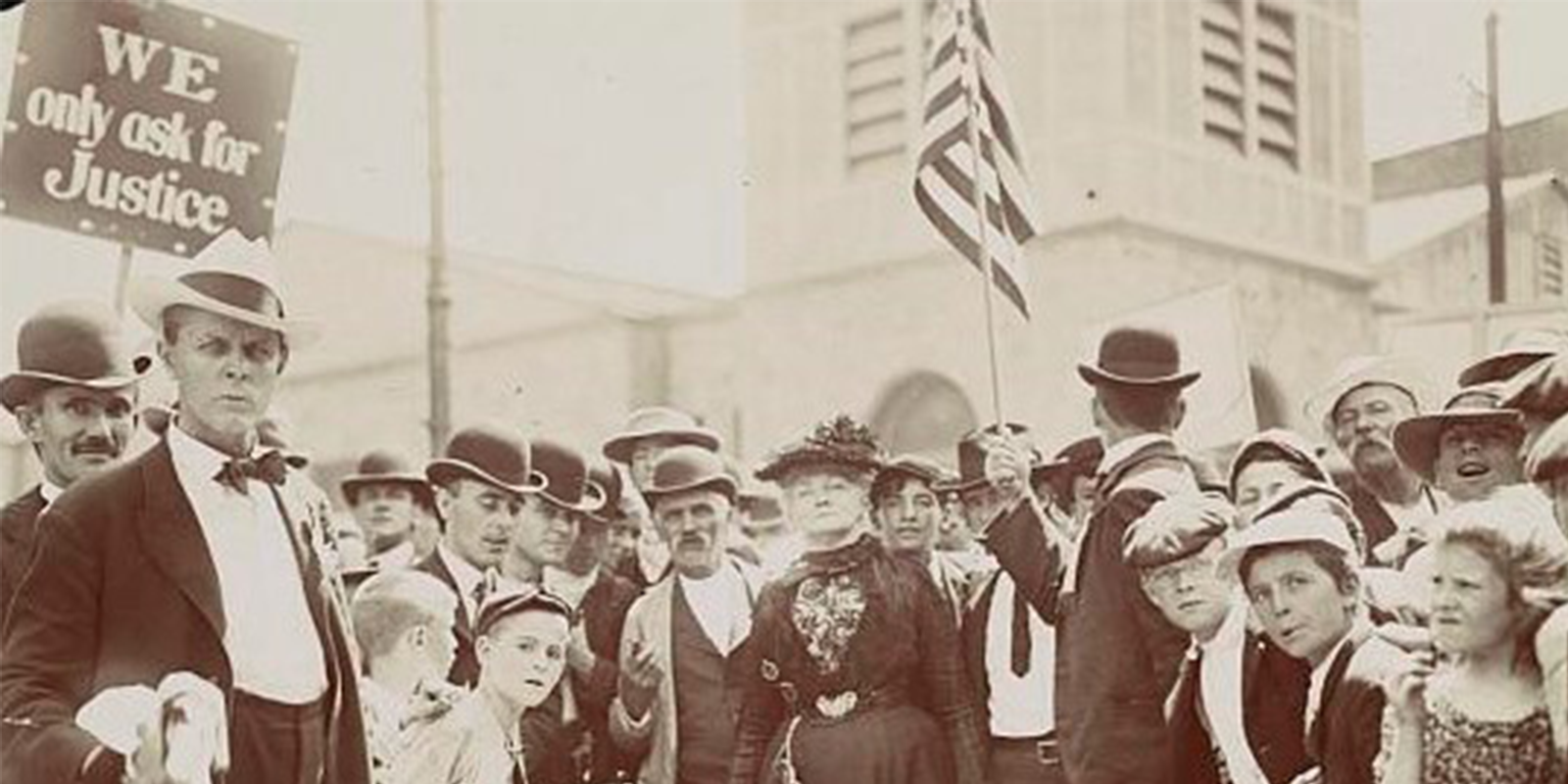You may not have heard of the Fair Labor Standards Act, but it’s the reason we have a minimum wage, it’s the basis for the 40-hour work week, and it’s why you don’t see children toiling in factories.
Eighty years ago, the FLSA was signed into law by Franklin D. Roosevelt, who would later quip: “Do not let any calamity-howling executive with an income of $1,000 a day, ...tell you...that a wage of $11 a week is going to have a disastrous effect on all American industry."
Eighty years later, despite progress, there’s no shortage of “calamity-howling executives” who still contend that the sky will fall by providing working families a fair wage, decent benefits, and a seat at the table. Their premonitions are no more convincing today than they were in the 1930’s.
The FLSA was championed by Frances Perkins, Roosevelt’s labor secretary, who pushed for its passage. She, and labor legends like Mother Jones, fought not only against worker exploitation, nor even merely for fair pay, but also to shine a light on the dignity of labor, and the respect that workers deserve.
The lessons from their efforts are timeless.
Eighty years later, the fight for a better minimum wage remains urgent. The freedom for working people to join together in strong unions continues to be attacked with ferocity. And the struggle for dignity and respect on the job remains as imperative as ever.
At a time when the rights of workers are being stripped away, it’s worthwhile to take a moment to learn more about this enduring struggle, so we can be better armed for the future fight.
